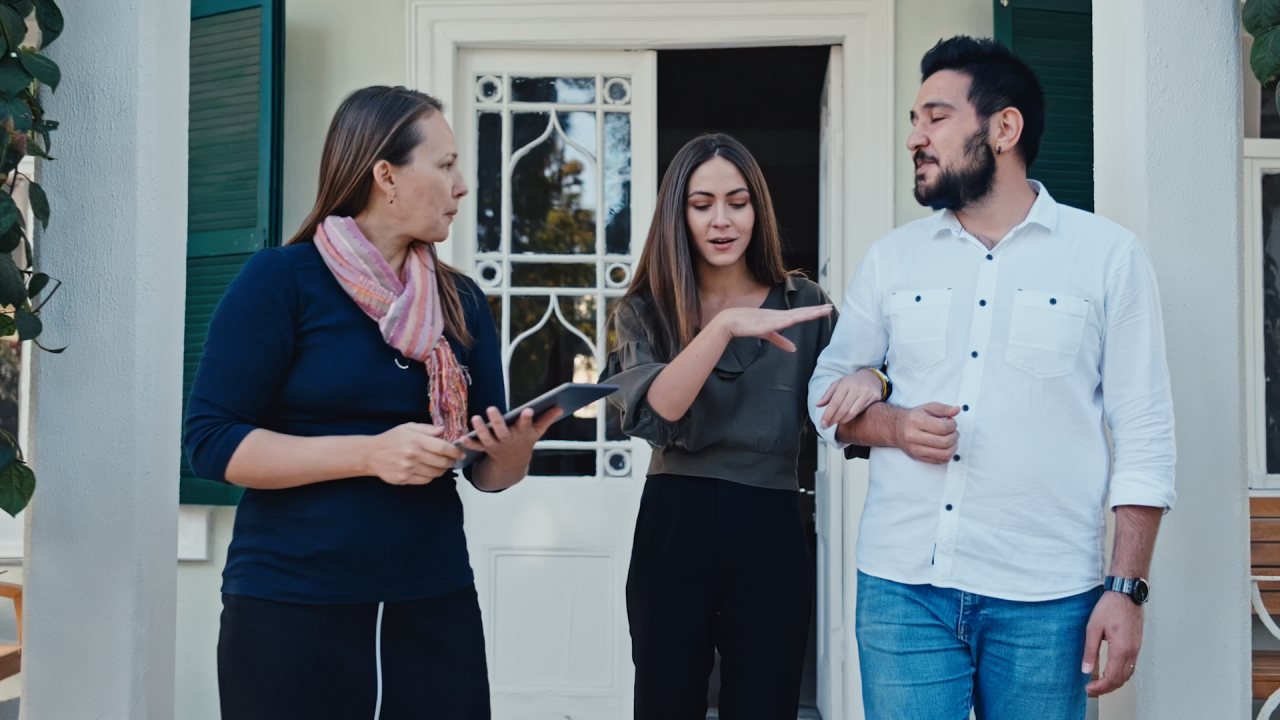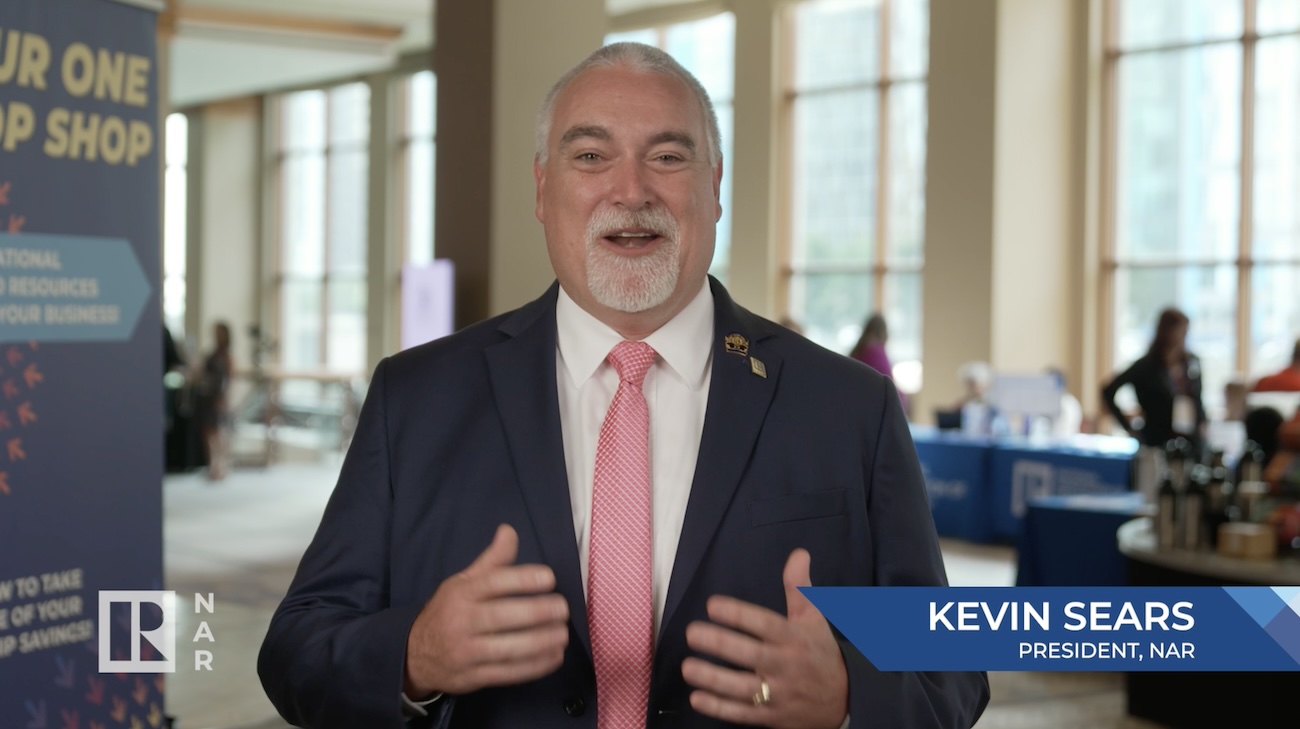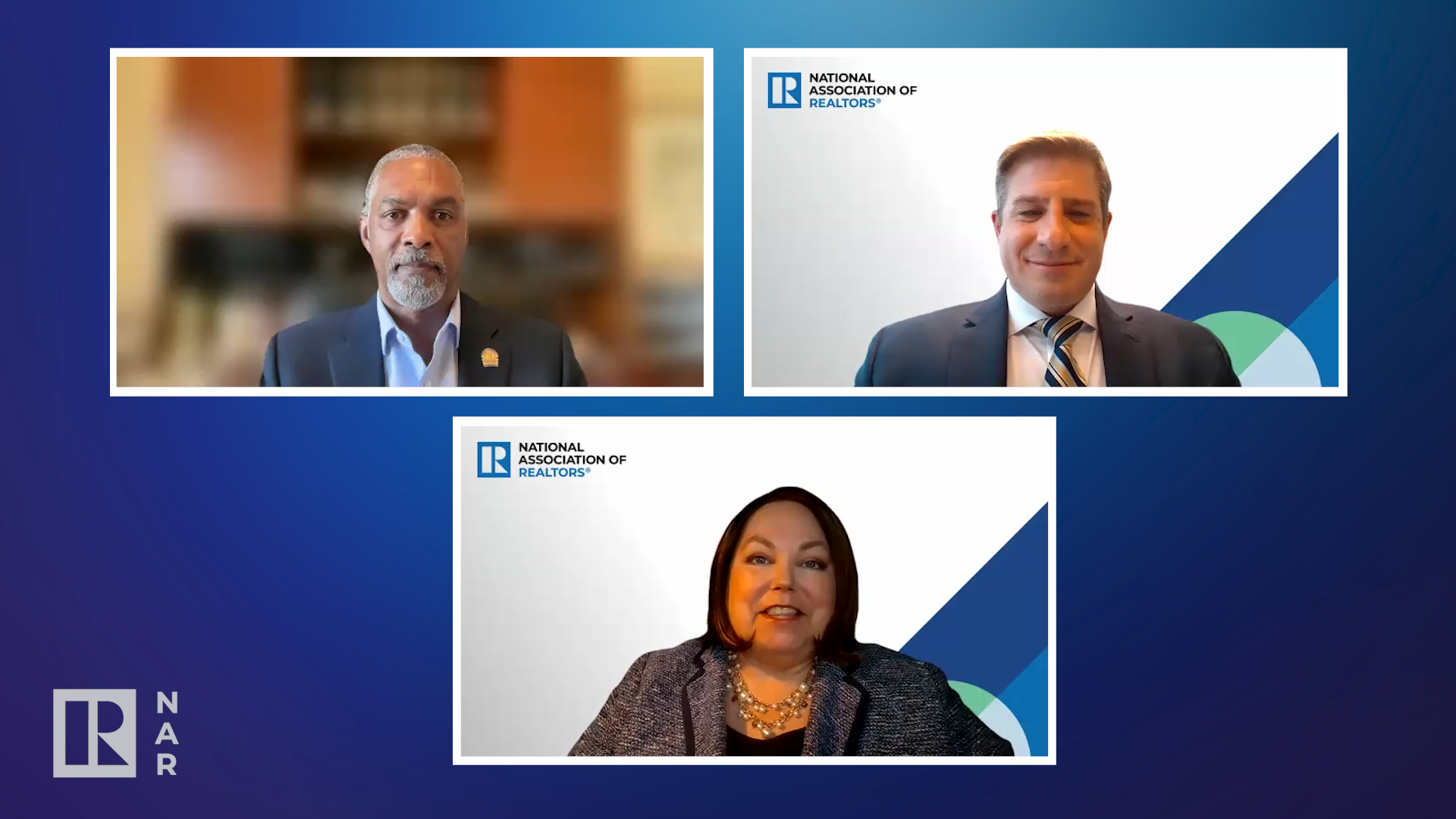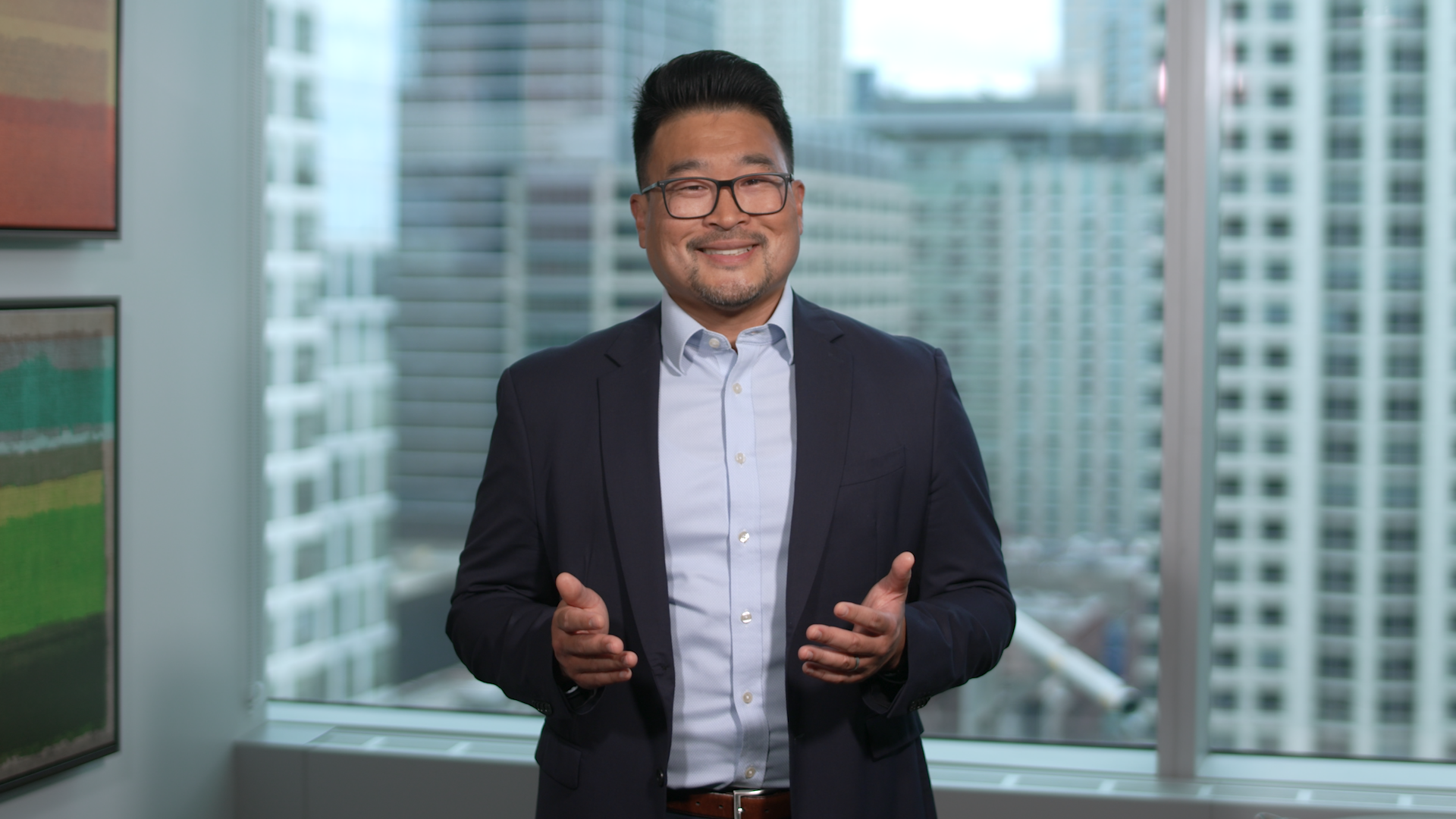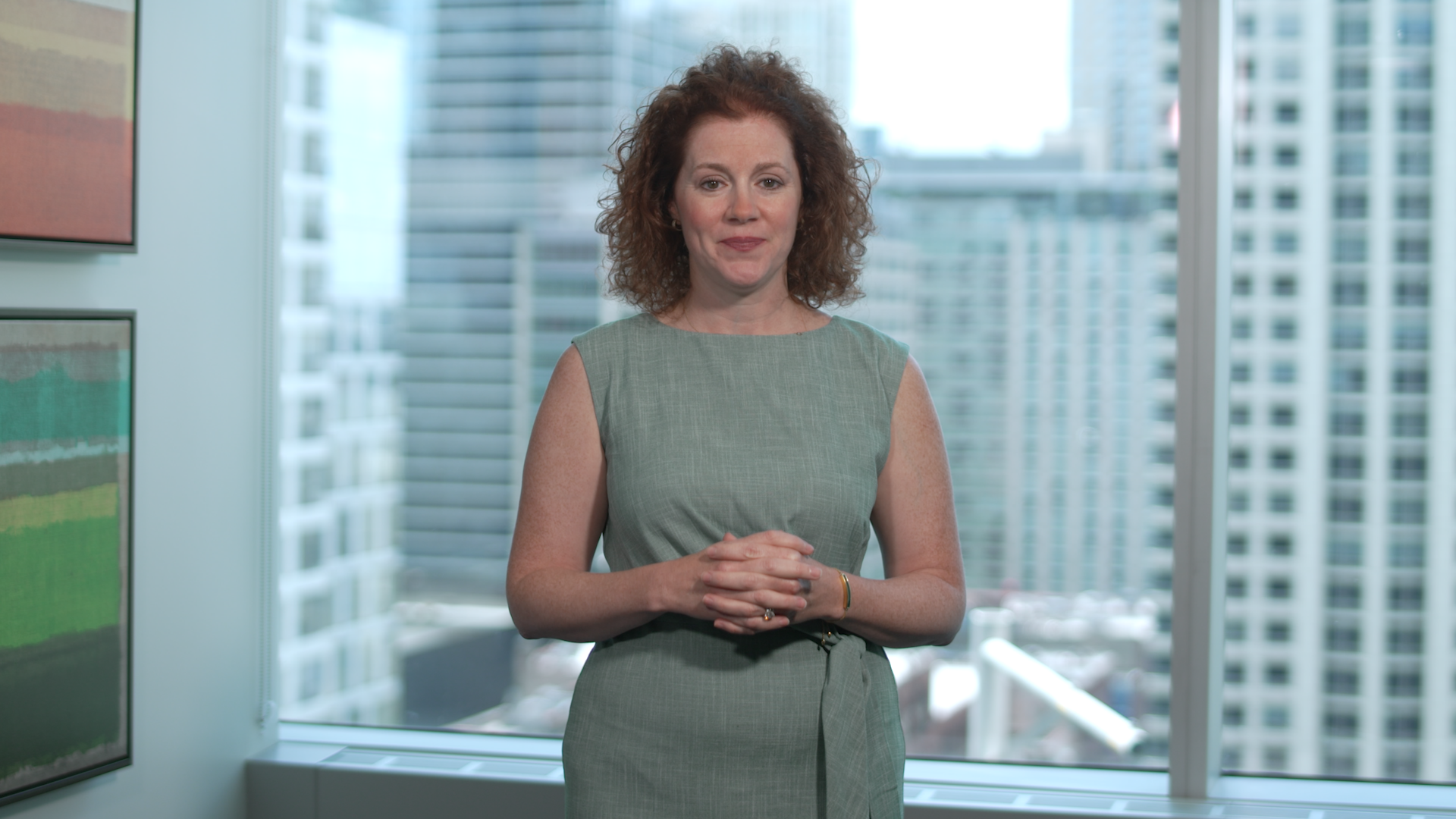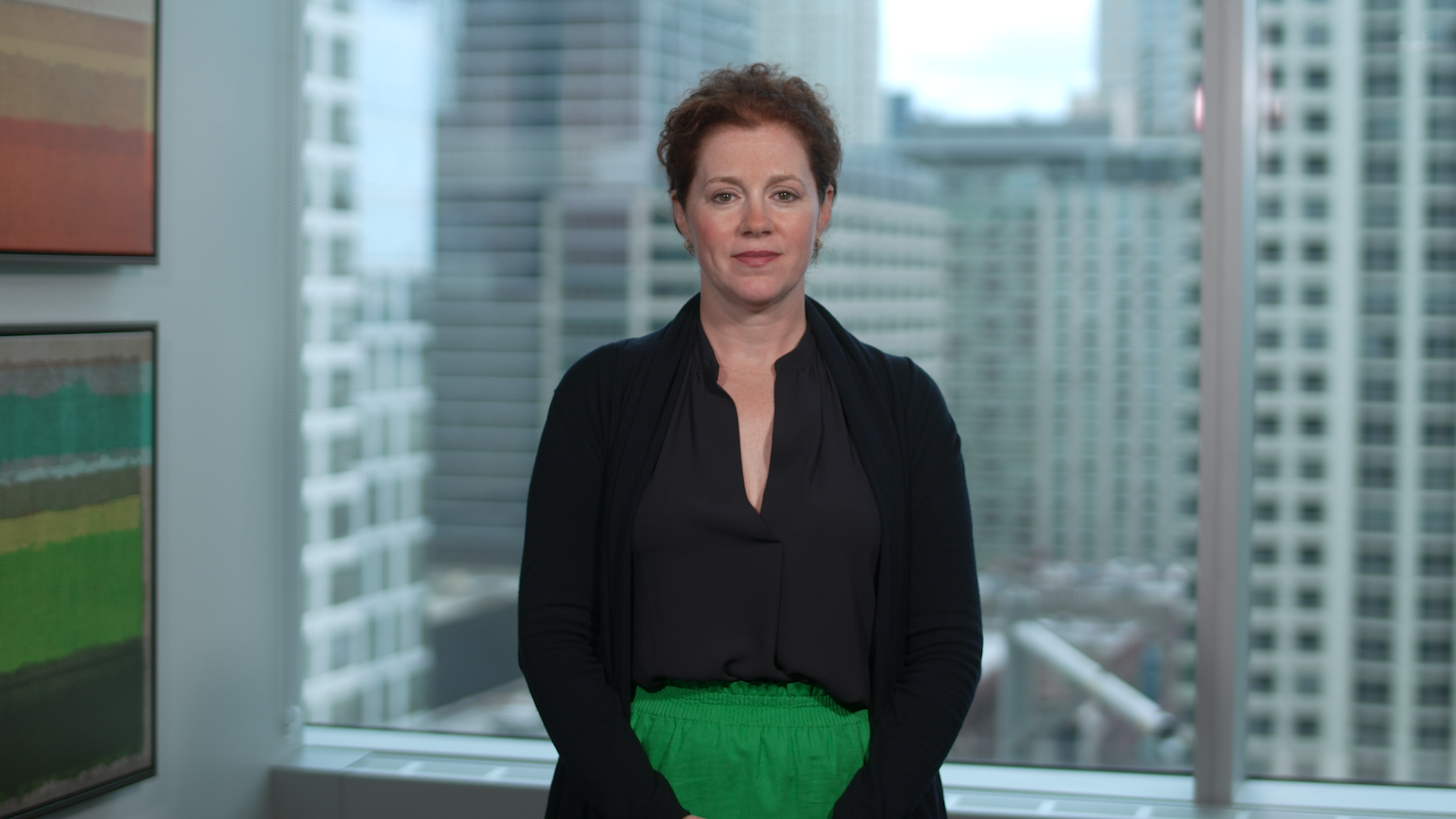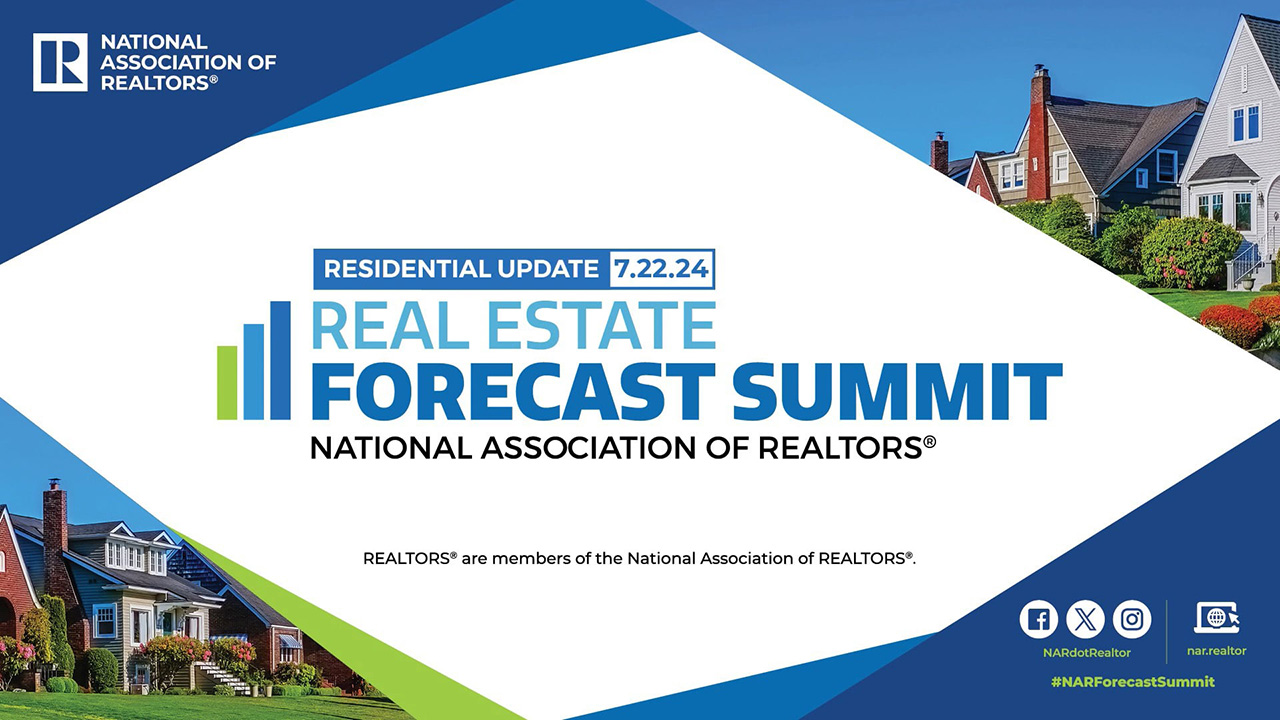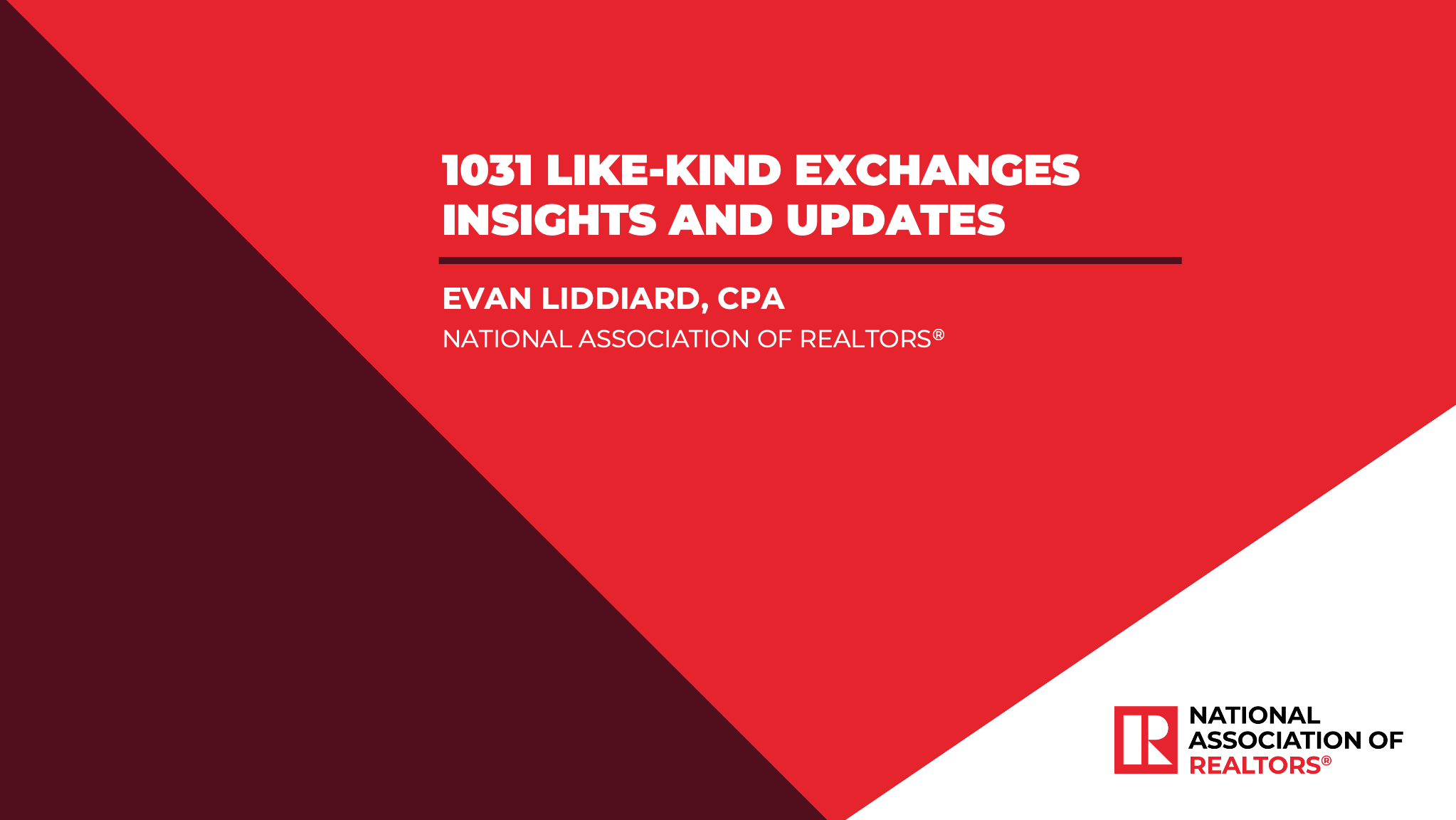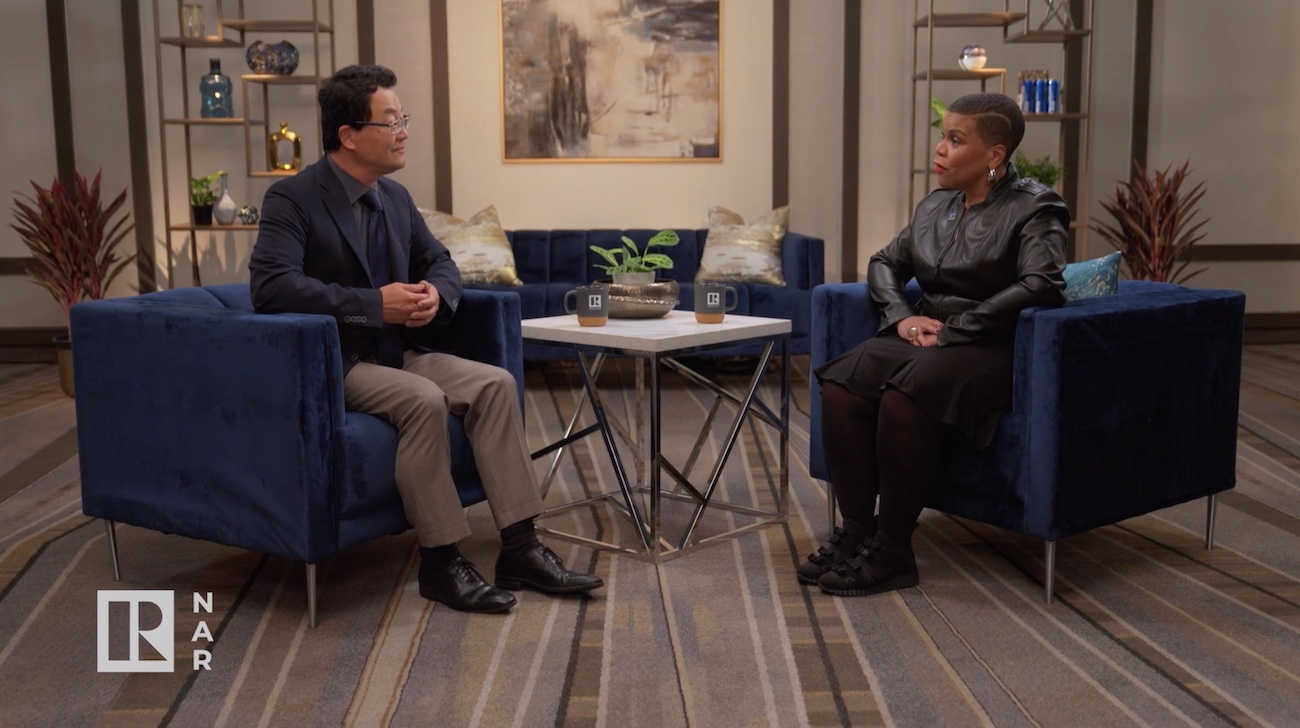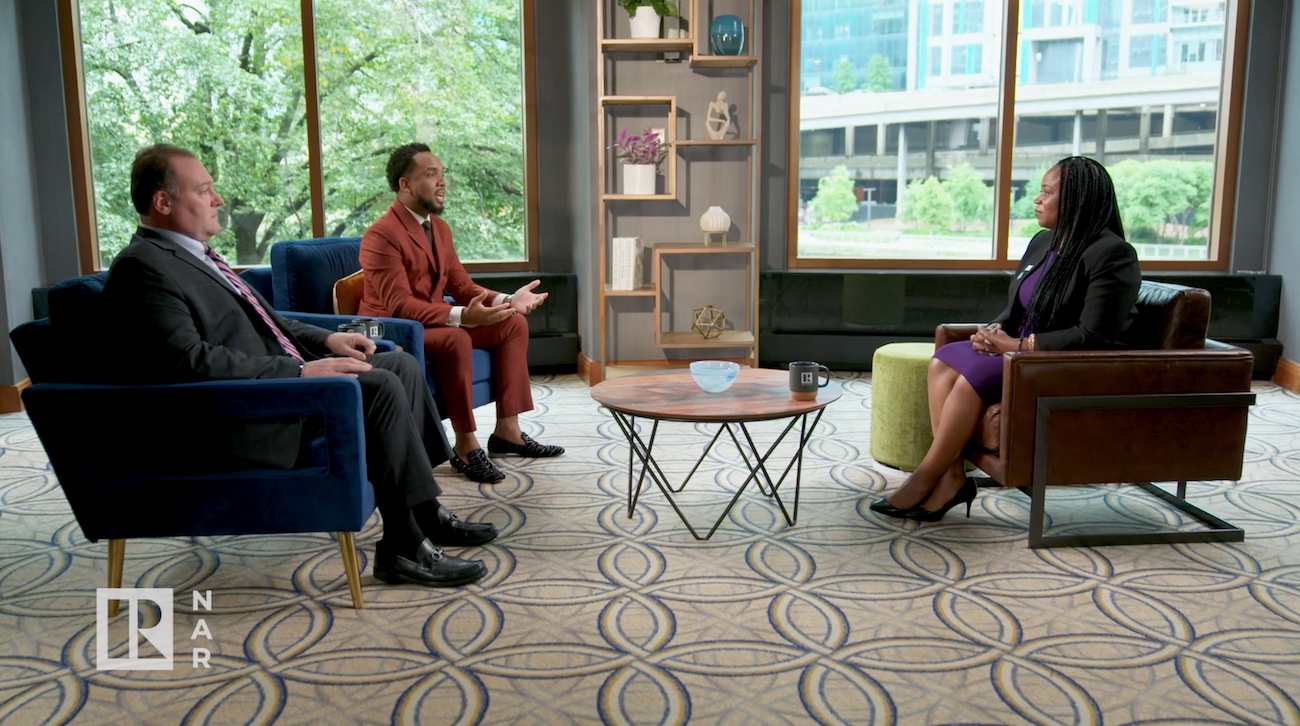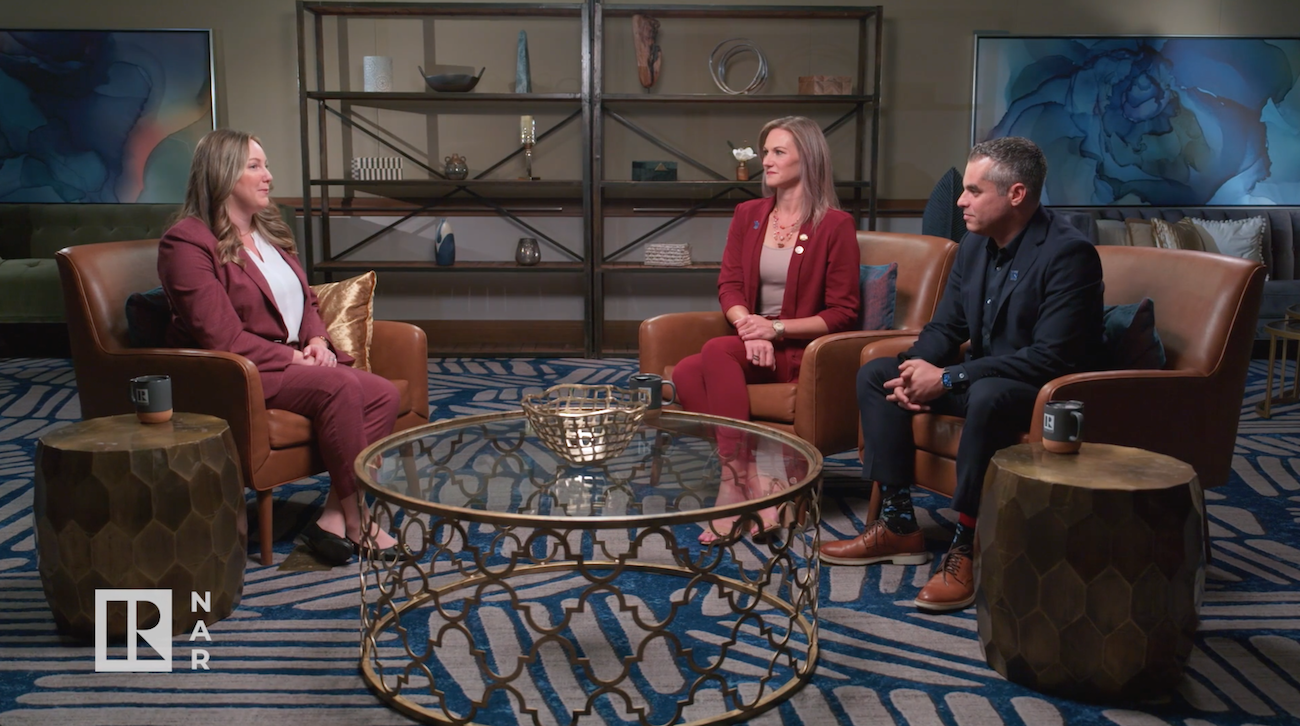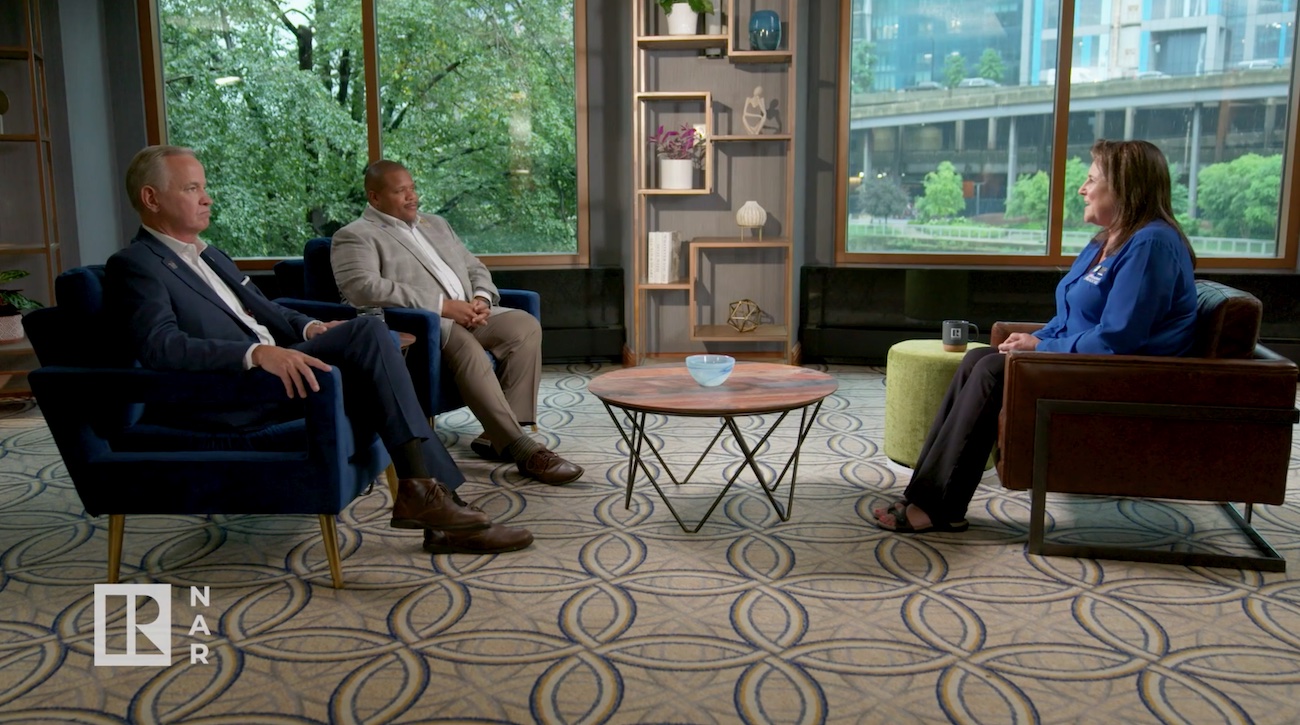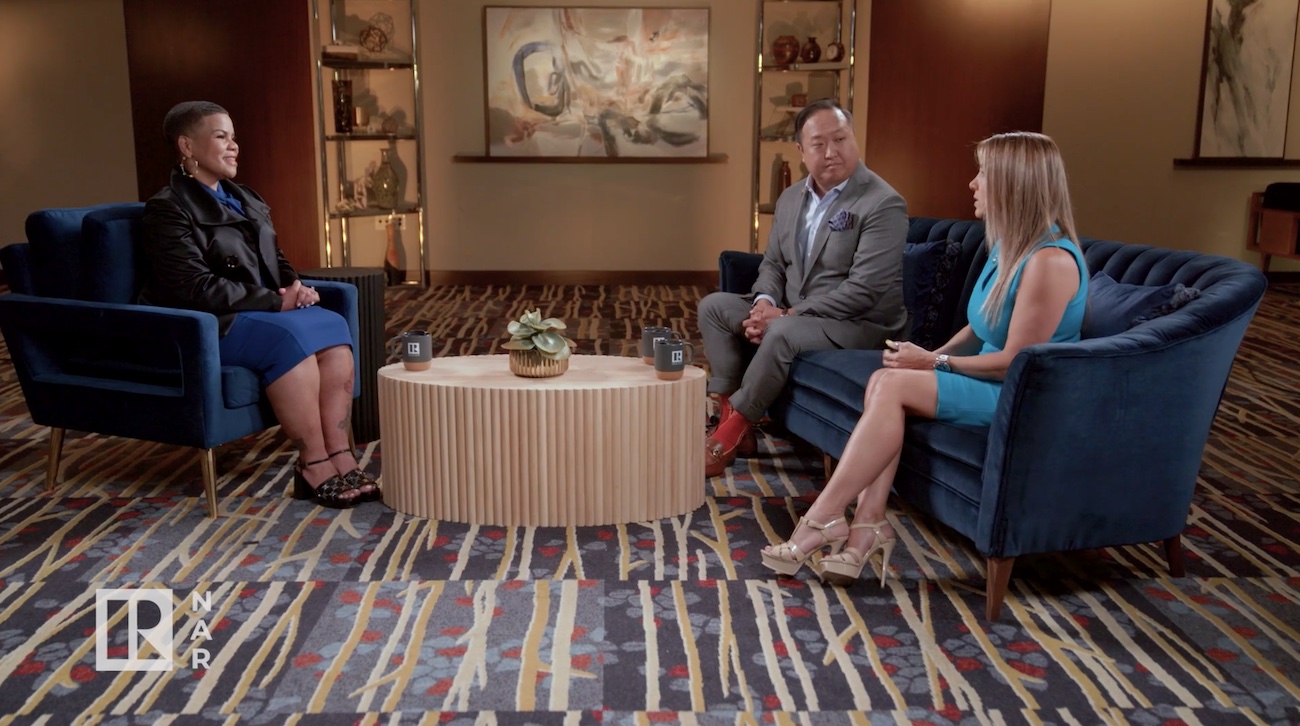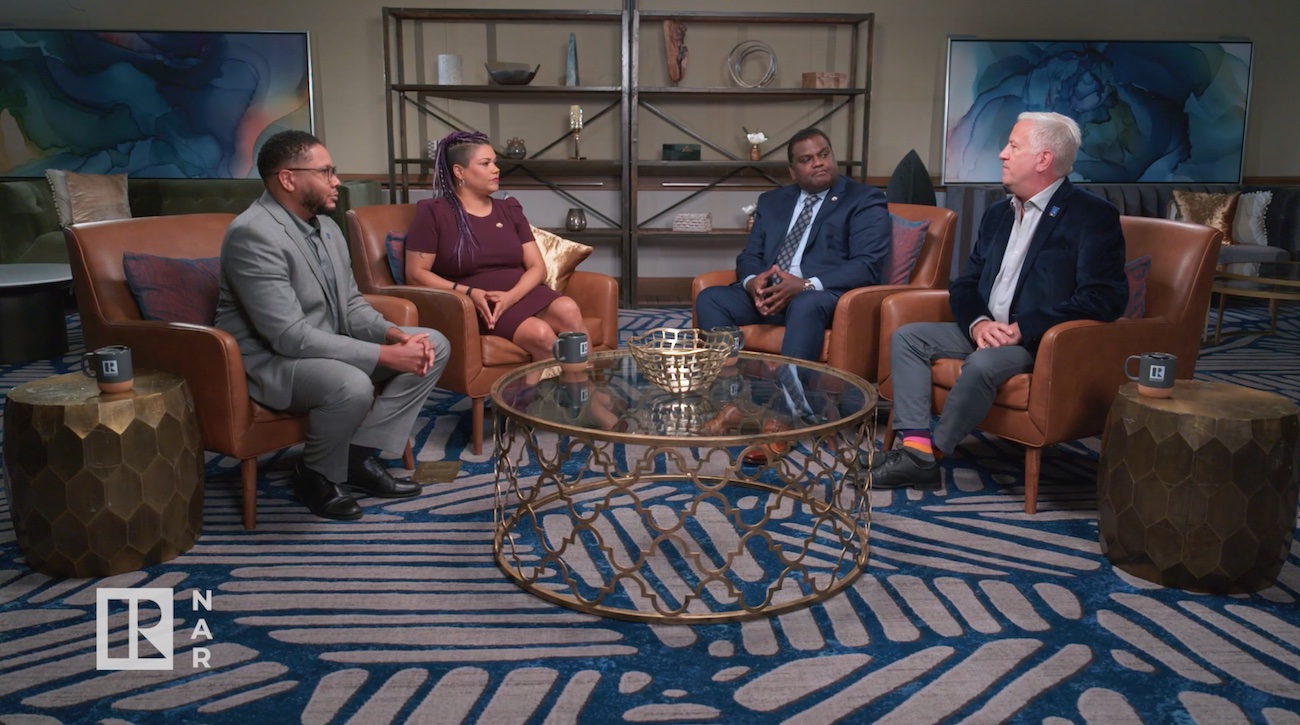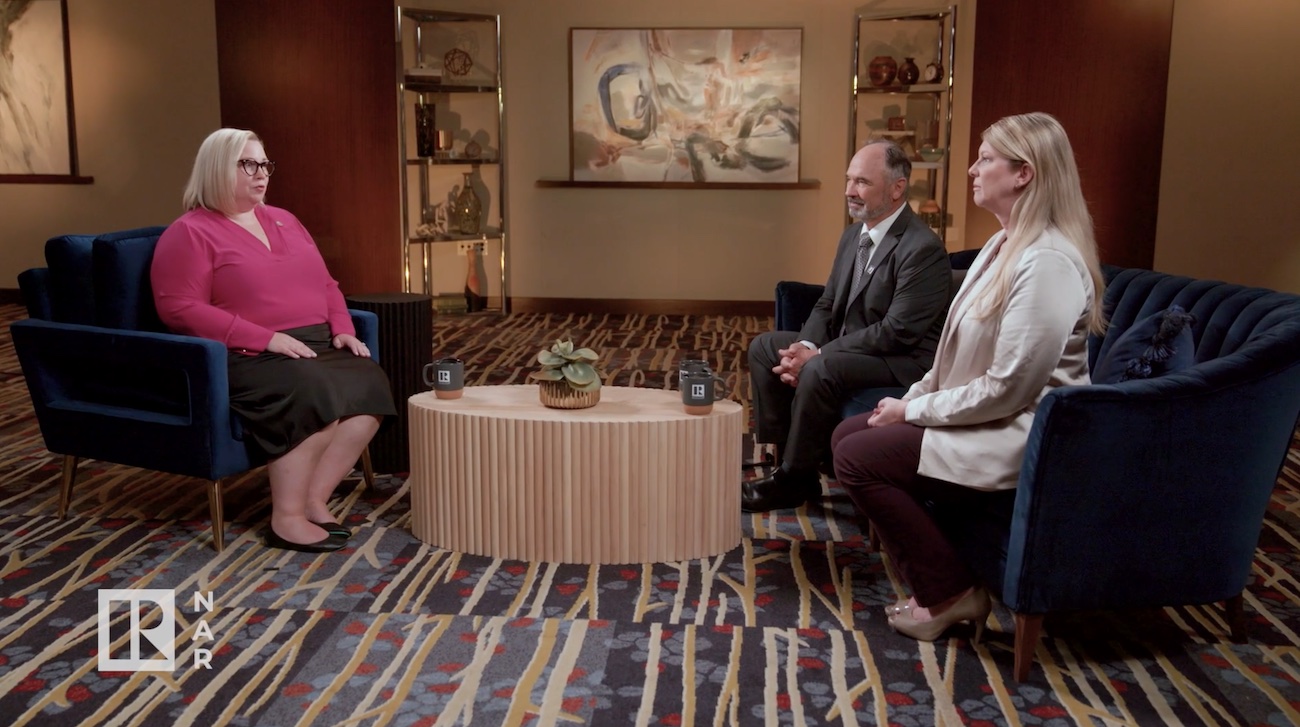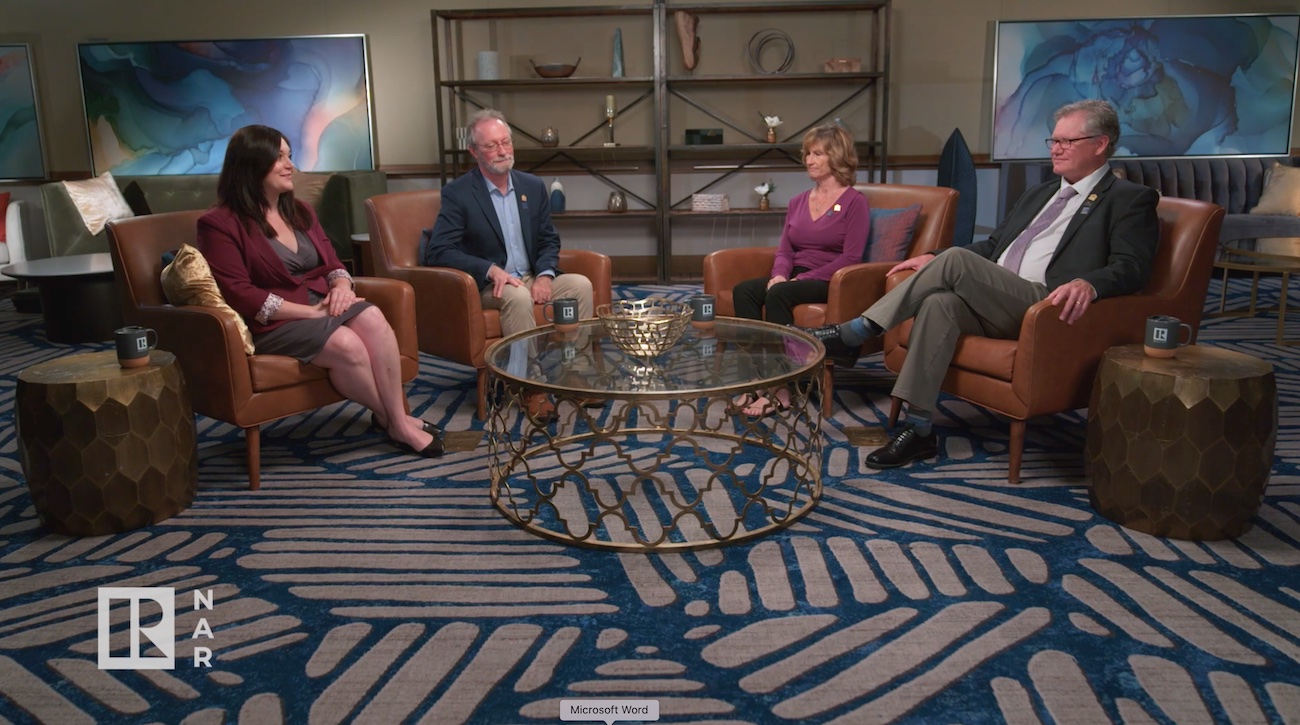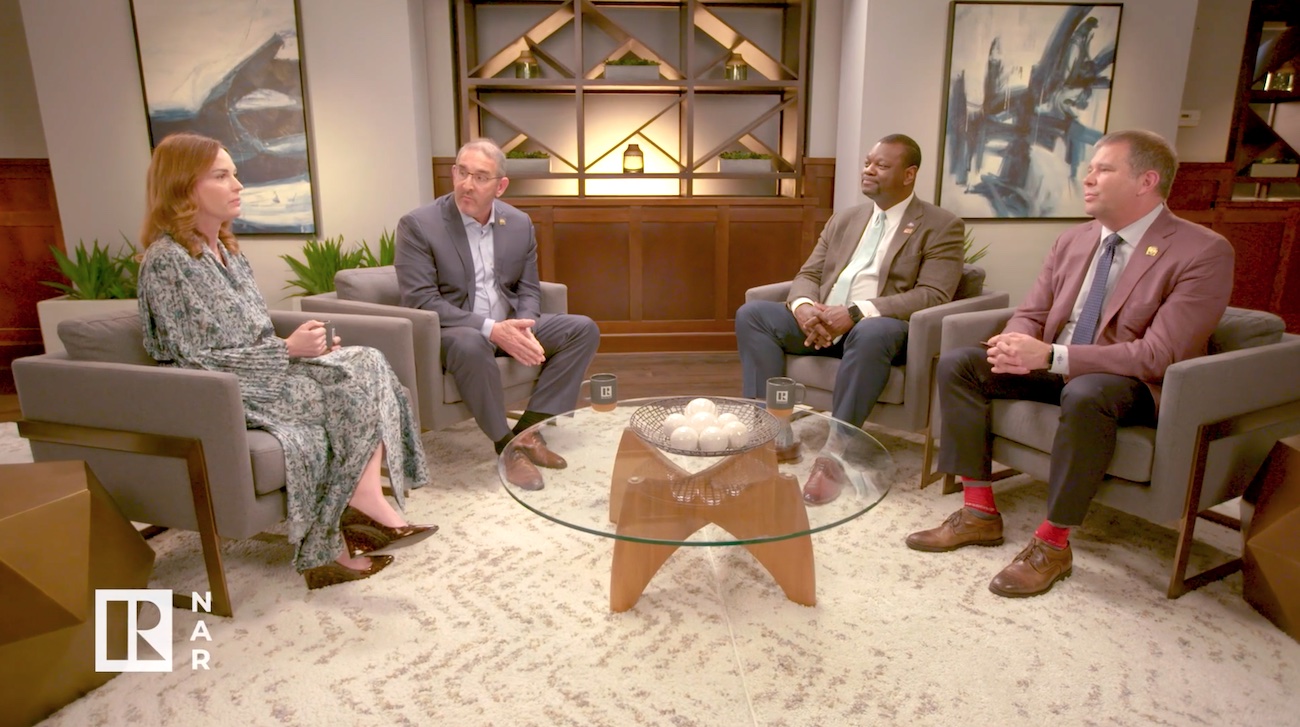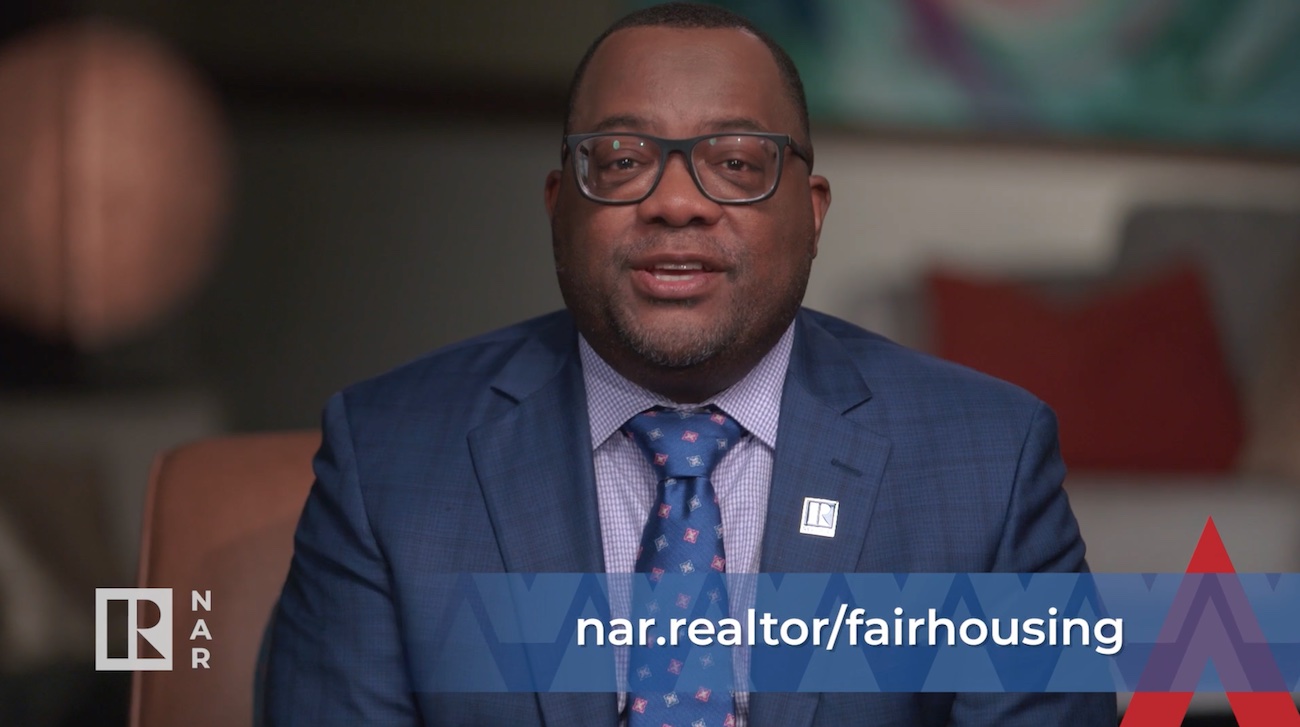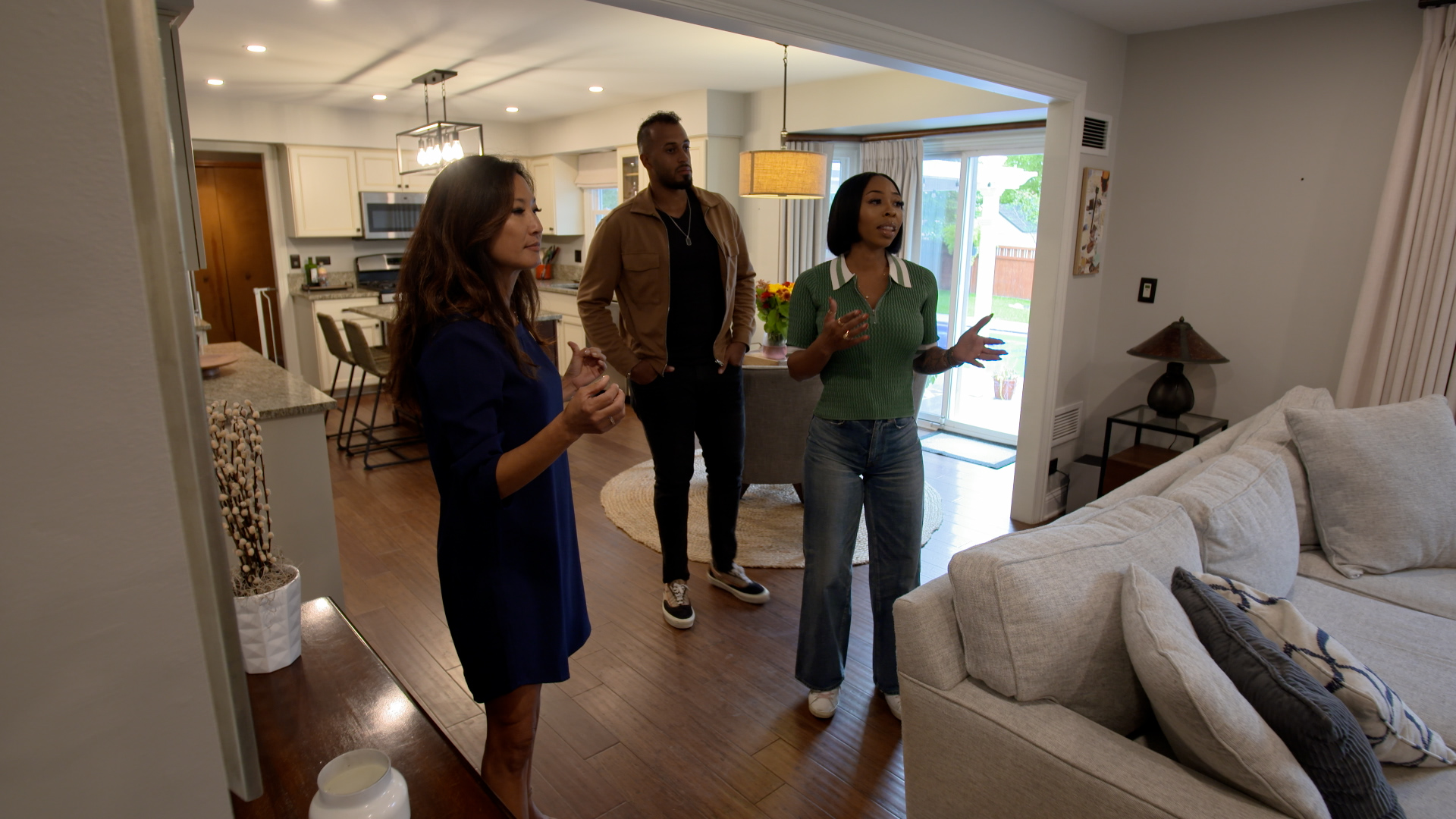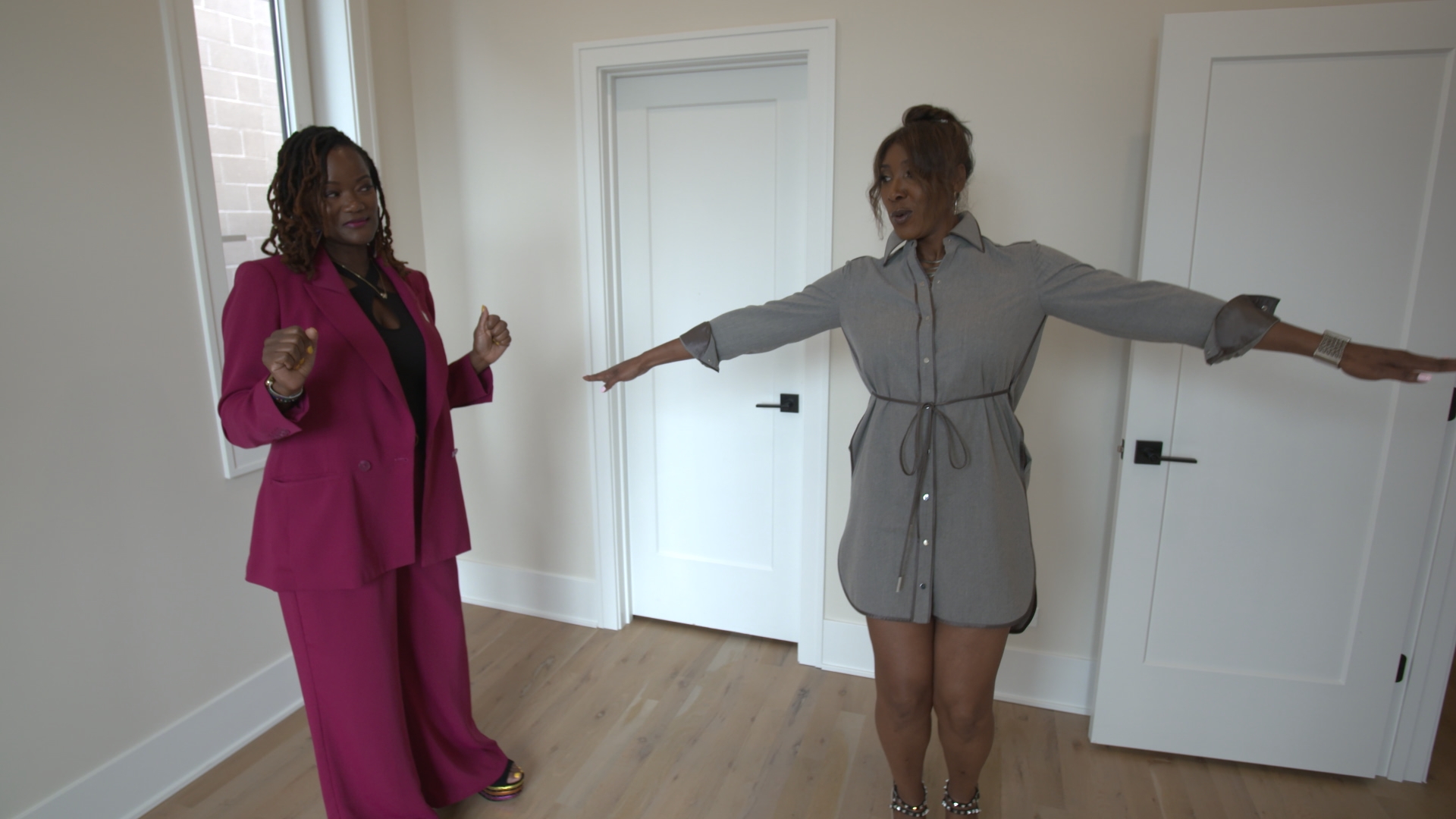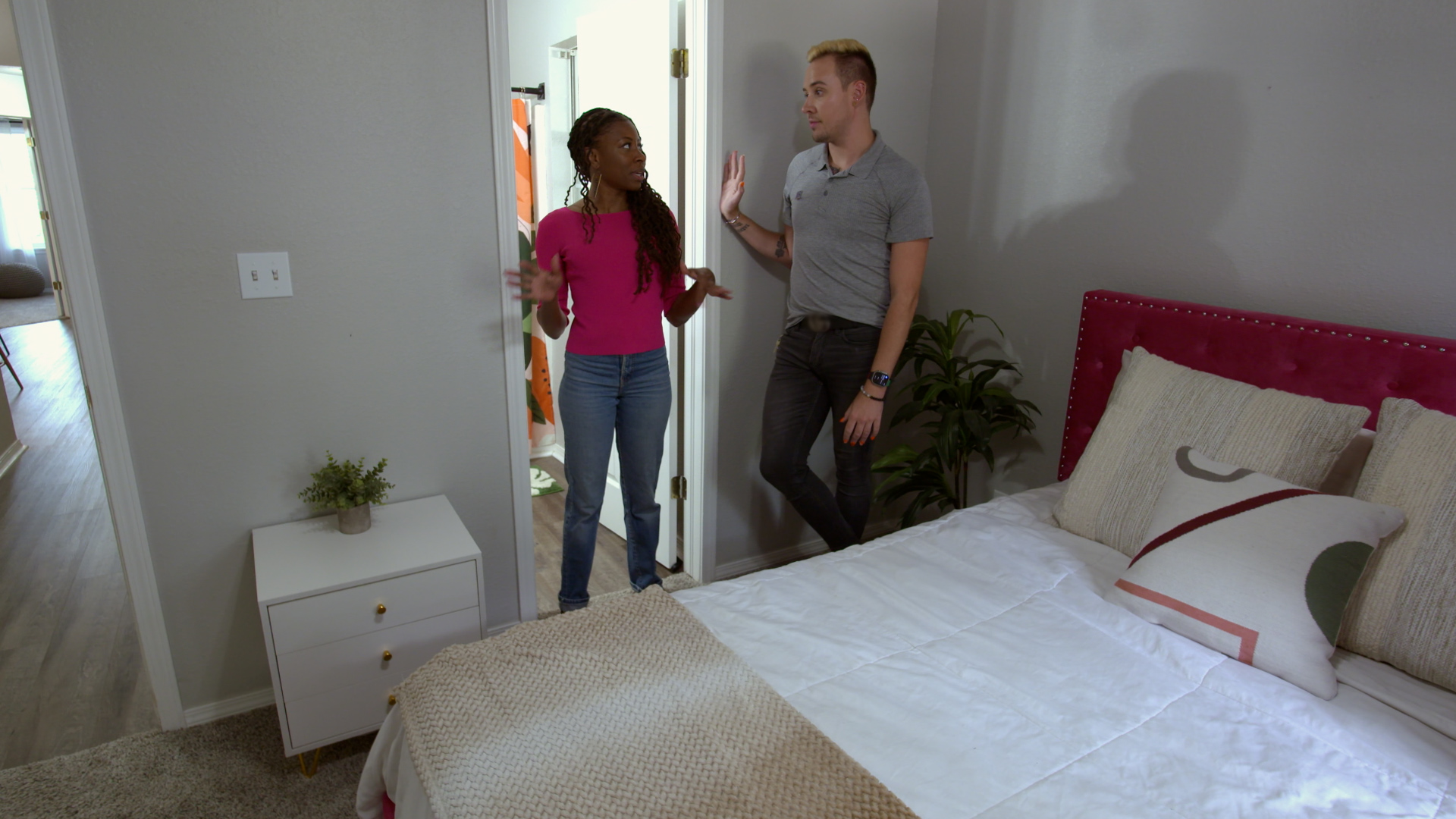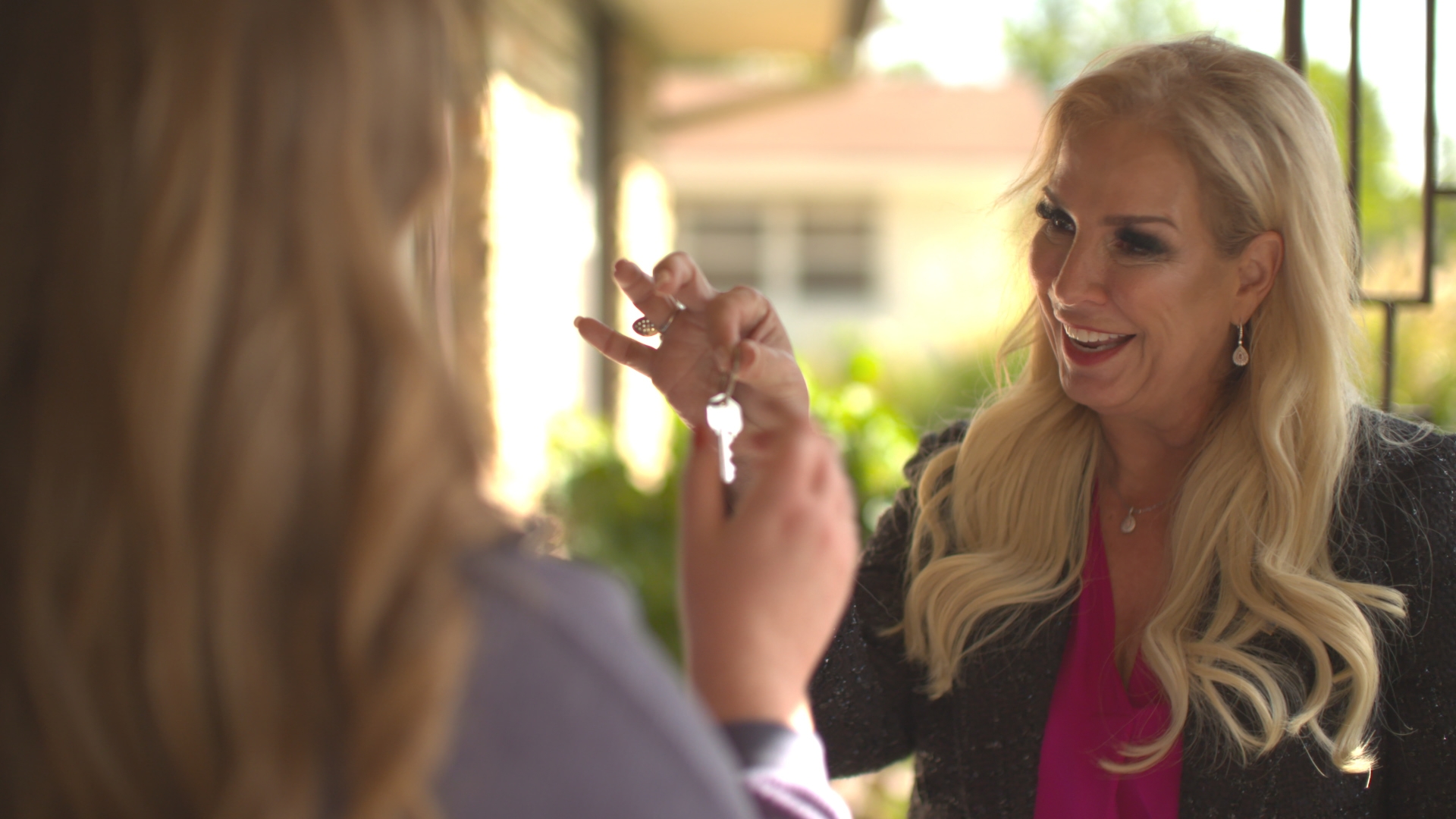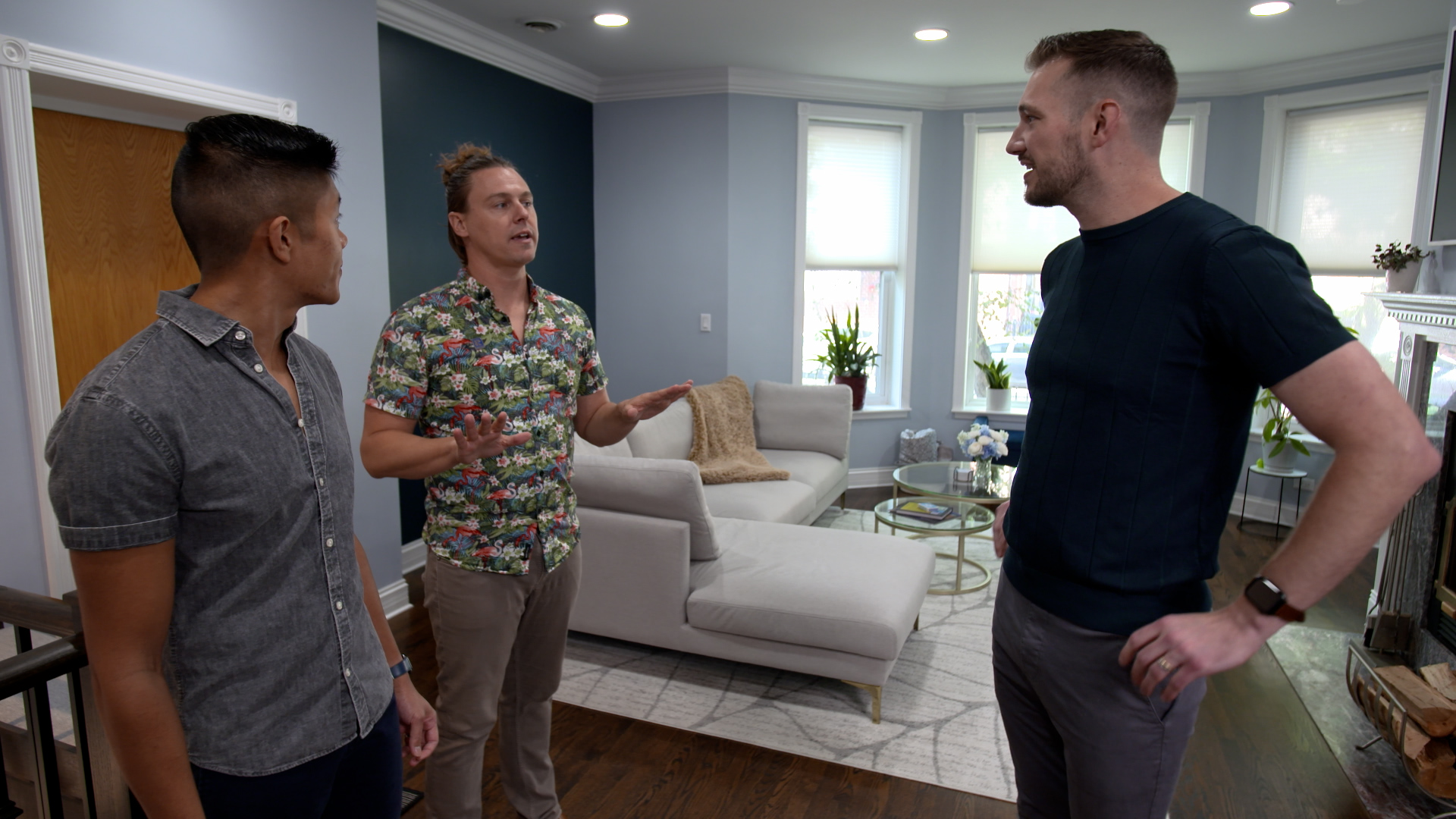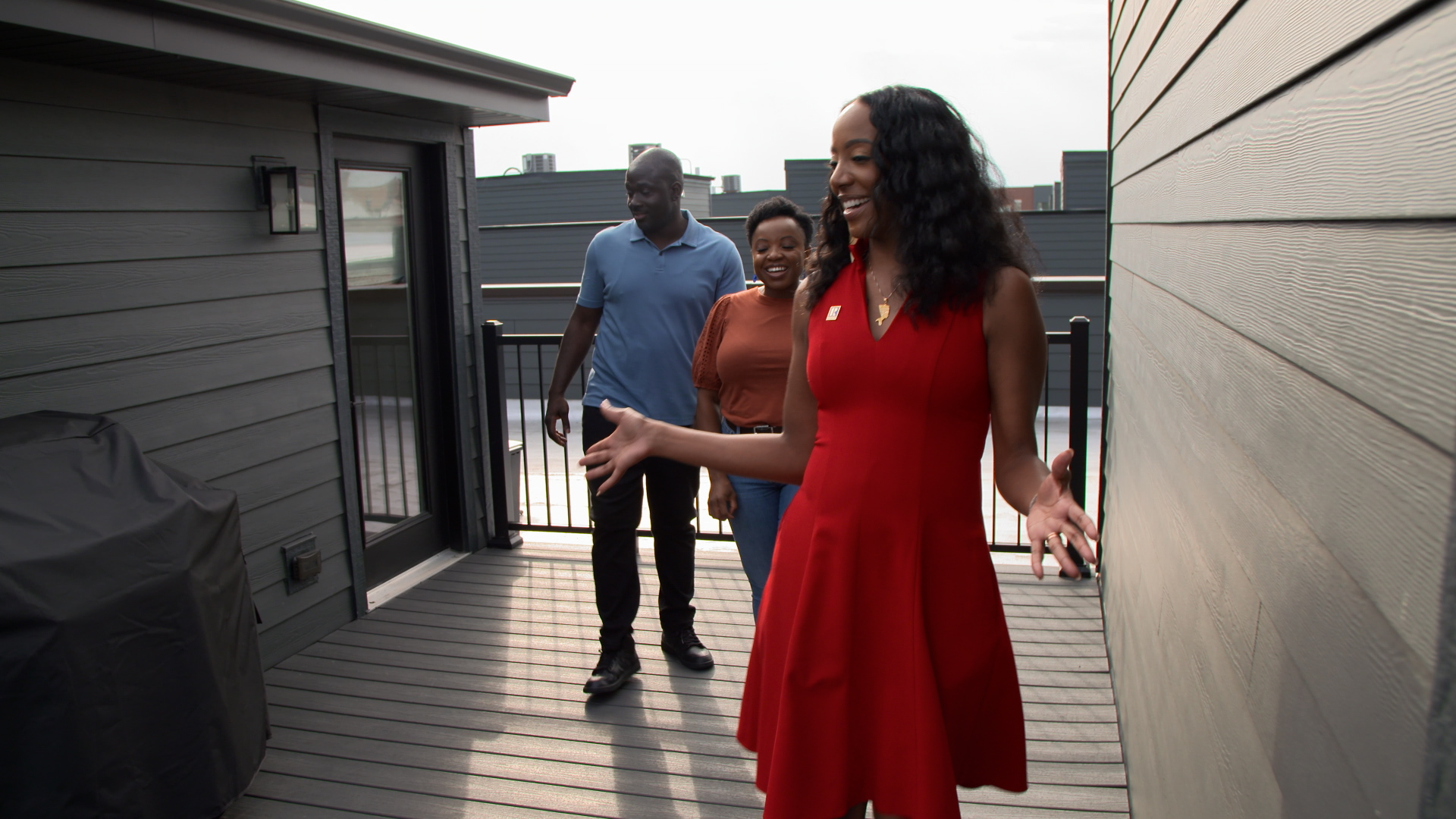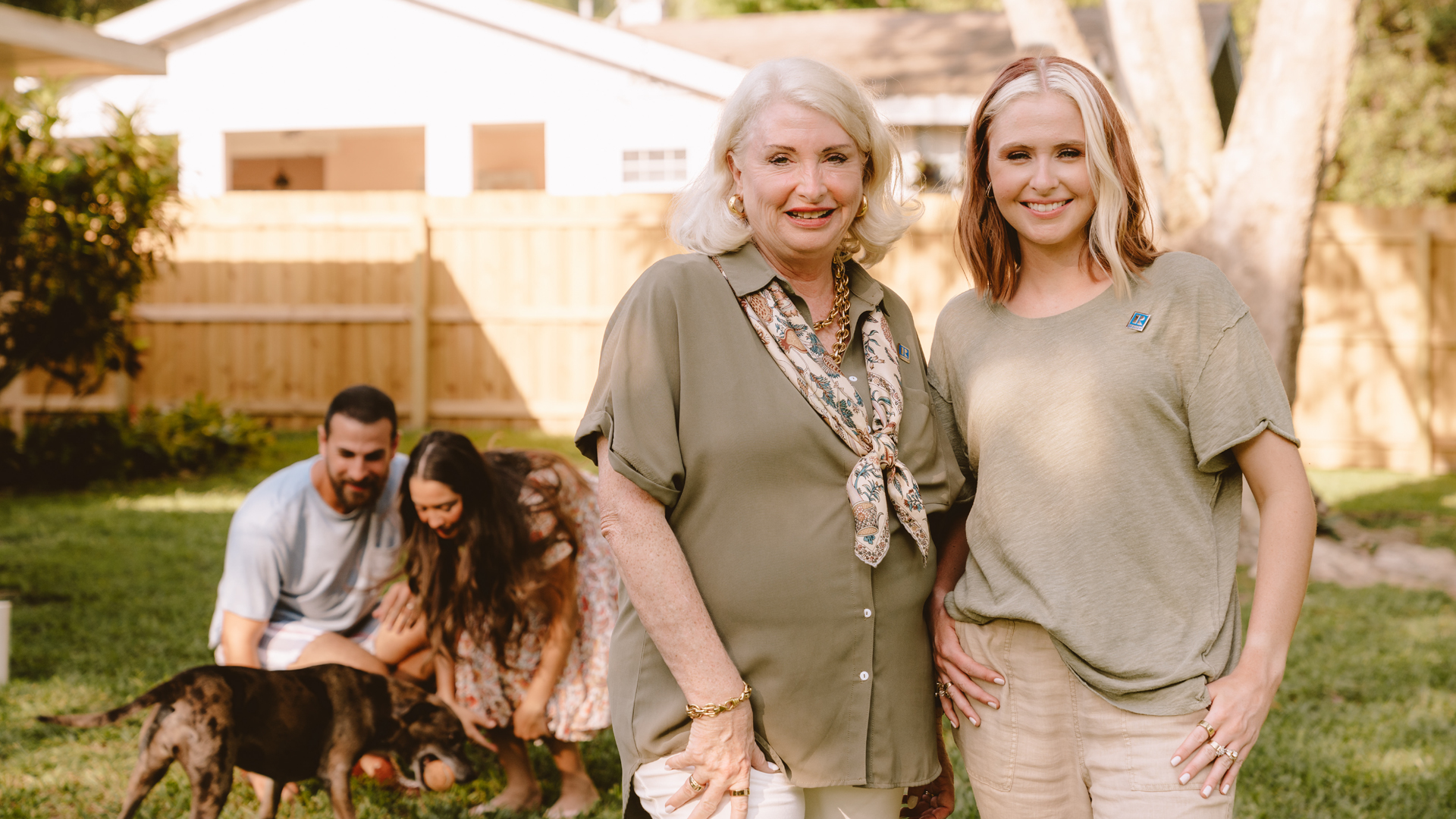Window to the Law: Avoiding the Unauthorized Practice of Law: Transcript
Engaging in the unauthorized practice of law can subject a real estate professional to civil liability, adverse action against their license, and even monetary fines. It also violates Article 13 of NAR’s Code of Ethics, which requires REALTORS® to recommend legal counsel when the interest of any party to the transaction requires it. While these directives are clear, what defines the practice of law – especially during real estate transactions – depends on each state’s laws.
While licensed attorneys are required to advise on a transaction’s legal issues, it is legally permissible for a real estate professional to help advance some of the non-legal steps in a real estate transaction.
So where is the line? It starts with understanding your jurisdiction’s statutes, regulations, and court decisions that craft its definition, which can vary when compared with other states. Some states including Minnesota, Colorado and Utah provide clarity with specific statutes governing permissible actions by real estate professionals during transactions.
Most states prohibit non-lawyers from drafting contracts, however it is generally acceptable for real estate professionals representing consumers to insert factual information like party identities, property identifiers and amounts into blank attorney-approved form agreements. But, making modifications beyond factual information or offering legal interpretations of provisions likely constitutes the unauthorized practice of law.
In a 1978 New York case, a broker was disciplined for inserting terms of a purchase money mortgage into a sale agreement. And in 2015, an Ohio broker’s actions of answering landowner’s questions about specific lease terms and legal rights was deemed the unauthorized practice of law.
With regards to closings, states have different approaches as to whether an attorney is required. In states like Florida, Massachusetts and New York, their courts have held that a closing should only be conducted by an attorney. In contrast, in 2020, the Rhode Island Supreme Court ruled that non-attorneys can legally conduct closings if their status is transparent, their activities are limited, and an attorney is available for legal questions. This is consistent with other states like New Jersey and Kentucky.
Follow these strategies to avoid the unauthorized practice of law.
- Consult your state’s real estate commission, state association or local counsel to familiarize yourself with authoritative statutes, regulations and caselaw defining the unauthorized practice of law in real estate, even through closing.
- Do not make substantive modifications to form agreements, as these changes likely affect party rights and require legal expertise. Also, never accept a separate fee for contract preparation as this practice generally has been held to constitute the practice of law.
- When issues arise, do not interpret contract provisions or provide legal advice – instead, encourage the parties to consult an attorney.
Hopefully, these strategies will help you avoid the unauthorized practice of law and uphold your Article 13 Code of Ethics obligations. Thanks for watching this episode of Window to the Law.





















